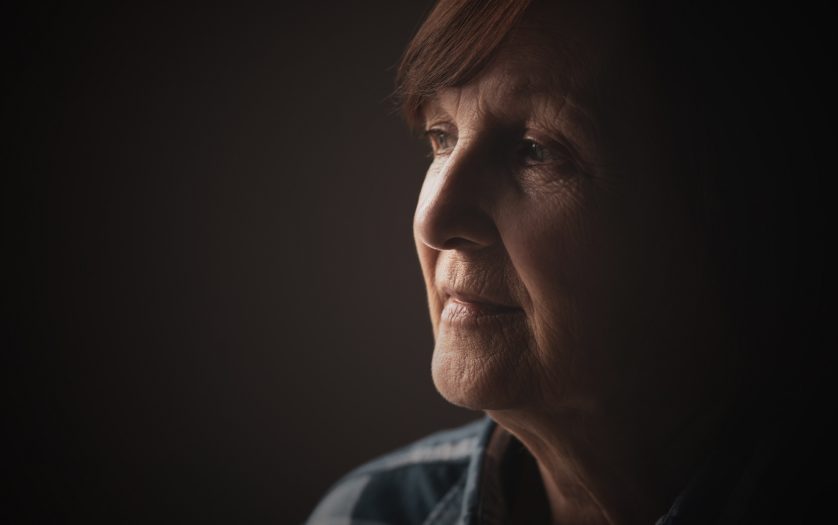
A UNSW Sydney Centre for Healthy Brain Ageing (CHeBA) collaboration with the University of Sydney Brain and Mind Research Centre and the Australian Dementia Network (ADNeT), has released the first ever set of national guidelines for Memory and Cognition Clinics, which aim to optimise the quality of dementia diagnosis and patient care throughout Australia.
Memory and Cognition Clinics have operated in Australia for 40 years and are acknowledged as the best environment for comprehensive dementia assessment. But until now, dementia specialists and other staff working in these clinics have not been equipped with standardised guidelines to ensure best practice.
The guidelines are a result of extensive feedback and discussion with hundreds of health professionals, dementia experts, and people with dementia and their care partners across Australia.
There are more than 150 guidelines in all, divided into 14 sections covering aspects such as the main functions of the clinics, equity of care across Australia (including in remote areas), assessment procedures, dementia diagnosis protocols, post-diagnostic care and effective communication about available services, treatment and advice for family and care givers.
Dementia affects up to 472,000 people in Australia (about the same number of Australians who surf each year) and is the second leading cause of death. It is also the greatest single cause of disability in older Australians.
Lead researchers Professor Sharon Naismith and Co-Director of CHeBA Professor Perminder Sachdev said far too many people are diagnosed with dementia or referred to dementia specialists too late, causing diagnostic delays of up to four years.
“This is a serious issue given there is actually a great deal specialists can do to delay the onset of symptoms, improve patient assessment and their care, guide patients through the dementia journey, support the family members and care givers, and involve them in research to accelerate new treatments,” said Professor Naismith.
“In fact, new disease-modifying treatments are already on the horizon and these will need to be delivered through specialist services such as the Memory and Cognition Clinics.”
Professor Sachdev said that in primary care, dementia, such as Alzheimer’s disease, is wrongly diagnosed about 30% of the time.
“This highlights the need for these new guidelines for specialist Memory and Cognition Clinics,” said Professor Sachdev.
These guidelines will help to ensure that clinics across Australia provide high-quality services that result in a correct diagnosis and hopefully change a familiar and demoralising narrative that a dementia diagnosis means that person’s life is effectively over.
“Memory and Cognition Clinics are ideally suited to offer broader dementia health education for primary care physicians and the general public, non-pharmacological interventions, such as advice on lifestyle changes, and referrals to existing post-diagnostic support programs.”
A pilot phase of the Monitoring and Quality Improvement Program involving at least one clinic in each state and territory will soon be launched to encourage broad implementation of the guidelines and to identify opportunities as well as barriers to service improvements.
“There is currently little or no funding for post-diagnostic care and these guidelines will help demonstrate why funding is important to not only improve patients’ quality of life but actually save money by reducing the need for hospital stays and emergency intervention,” said Professor Naismith.
“With the potential for new medication to counter the effects of dementia being approved in Australia next year, Memory and Cognition Clinics need to be as well prepared as possible.”
For further information, go to https://www.australiandementianetwork.org.au








